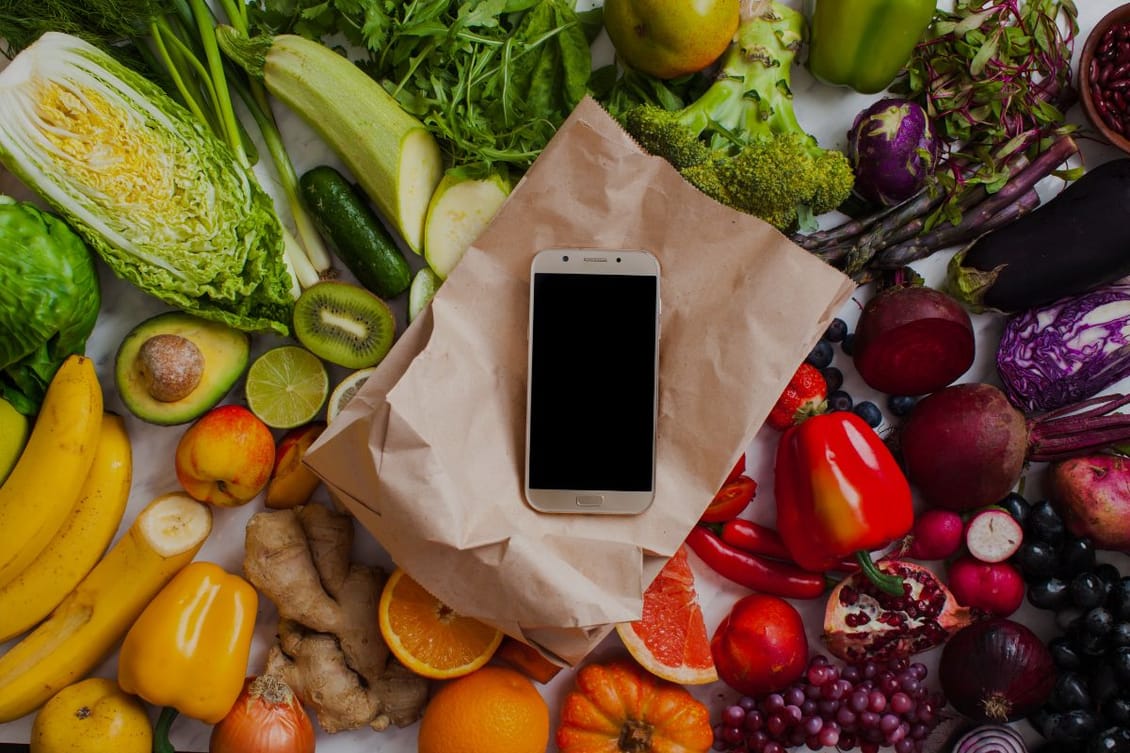
Technology is increasing our access to data about all areas of our lives. We’re using apps to monitor our fitness levels, our sleep, our energy. We’re deciding when and how to exercise for optimal results based on data we’re gathering about our own bodies; and we’re optimising the climate control in our homes to improve our focus and happiness.
Nutrition is no exception. As smart technologies become more advanced and more accessible, we’re turning to tech to tell us what to eat.
Imagine a nutritionist that lived in your pocket – monitoring your lifestyle choices and the impact of each food decision on your overall well-being. They’d help you decide what to eat (and what not to eat) at any given moment, and take the guesswork out of your diet.
Personalised nutrition apps do exactly that. And they definitely don’t cost as much as paying a personal dietician to follow you around all day.
Popular options right now include:
The pandemic reshaped our relationship with health. The public was more aware of their immune health and overall well-being – partly because health was in the news all the time, and partly because we were all at home with more time to think. Without access to our usual exercise routines and health services, more of us took our health into our own hands.
We wanted to take back control.
And personalised nutrition apps, based on real data about our own bodies and lifestyles, met that desire.
According to Statista, the global nutrition apps market will reach a revenue of USD $5.40 billion in 2024, growing at a CAGR of 11.31% until 2028, when it’ll hit $8.29 billion.
User penetration is around 4.40% in 2024 and expected to reach 5.15% by 2028, and in terms of country comparison, India is expected to generate the highest revenue in the market.
The demand for personalised nutrition apps has converged with the rapid advancement of precision technologies that are making these apps more efficient, and enabling providers to zoom in on individual users’ data to provide highly targeted outputs.
Increasingly, apps are leveraging AI to gather and analyse large volumes of user data and provide constant real-time updates and advice. And AI can also adapt to highly specific health and diet needs – for example, offering tailored nutrition for people living with health conditions including diabetes or heart disease.
While some apps are created by food brands, the most successful on the market are independent, health-focused brands. And this is important: because for nutrition apps to remain successful, they have to build and maintain consumer trust. The future of this market depends on users knowing that personalised nutrition apps are not just marketing tools for F&B brands, but genuinely benefit-driven solutions for personal health.
Take your seat at the InFlavour table, a government-backed and world-leading B2B food event by Tahaluf.
E-mail address SubmitWant to keep up to date with all our latest news and information? Enter your name below to be added to our mailing list.
E-mail address Submit